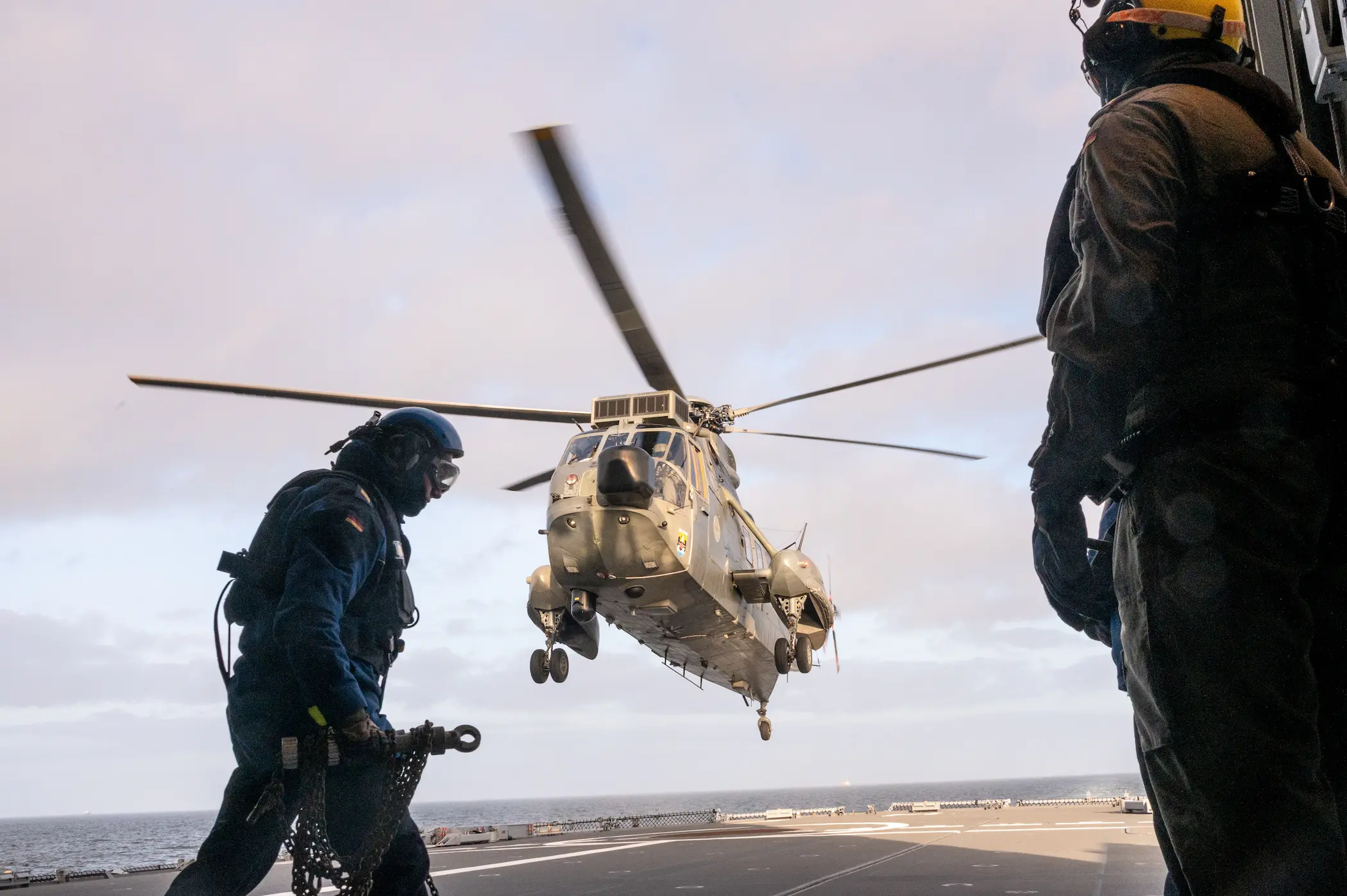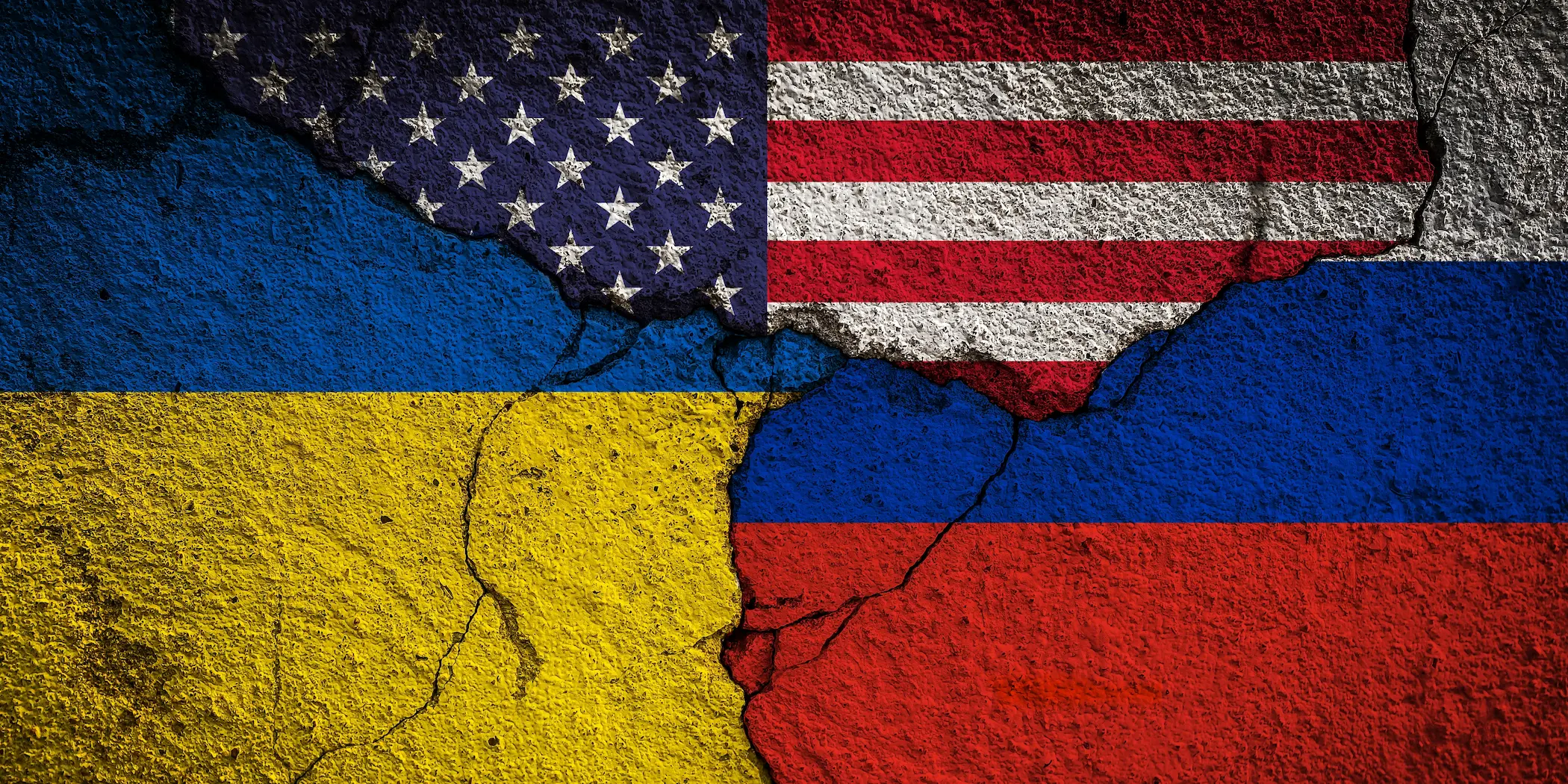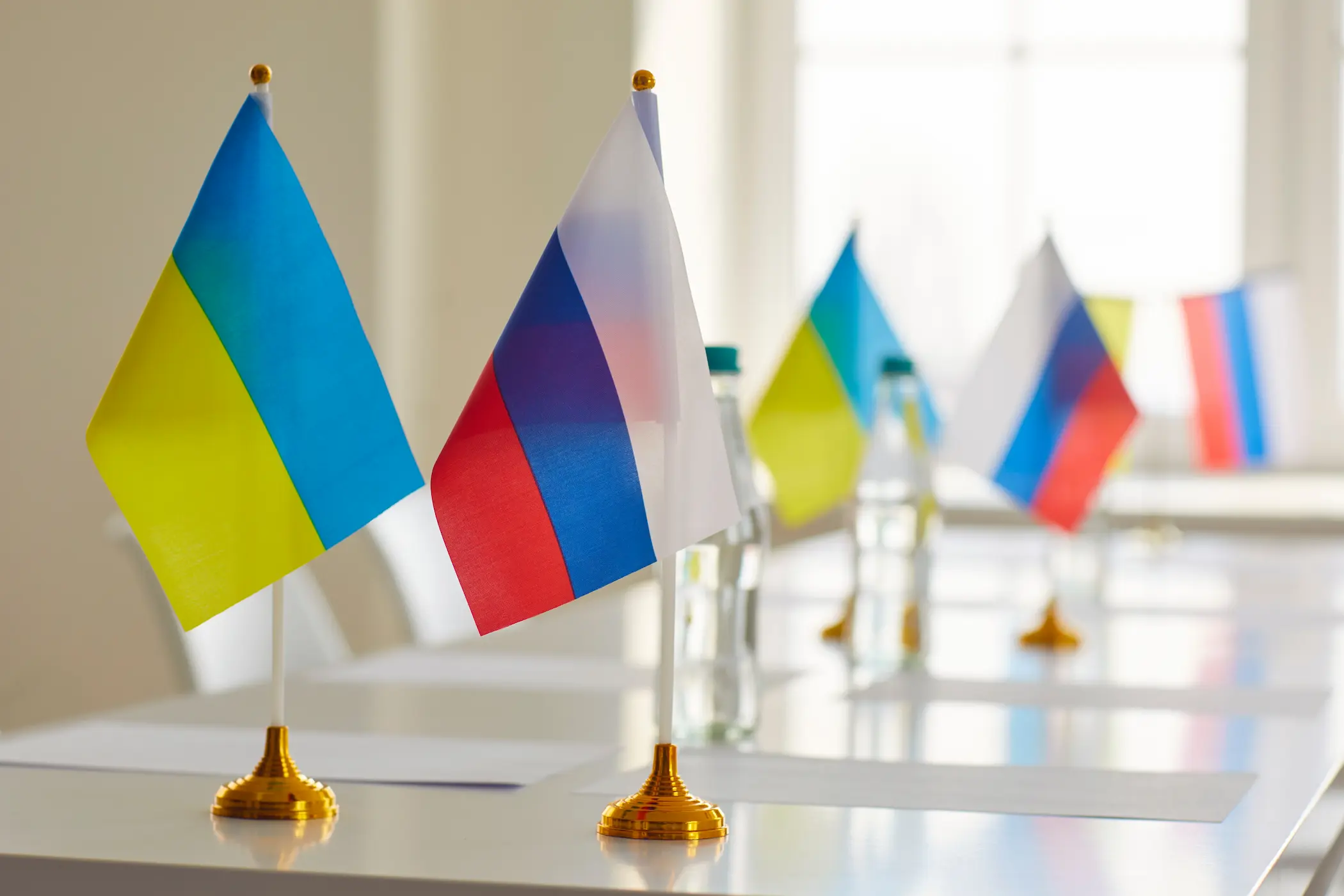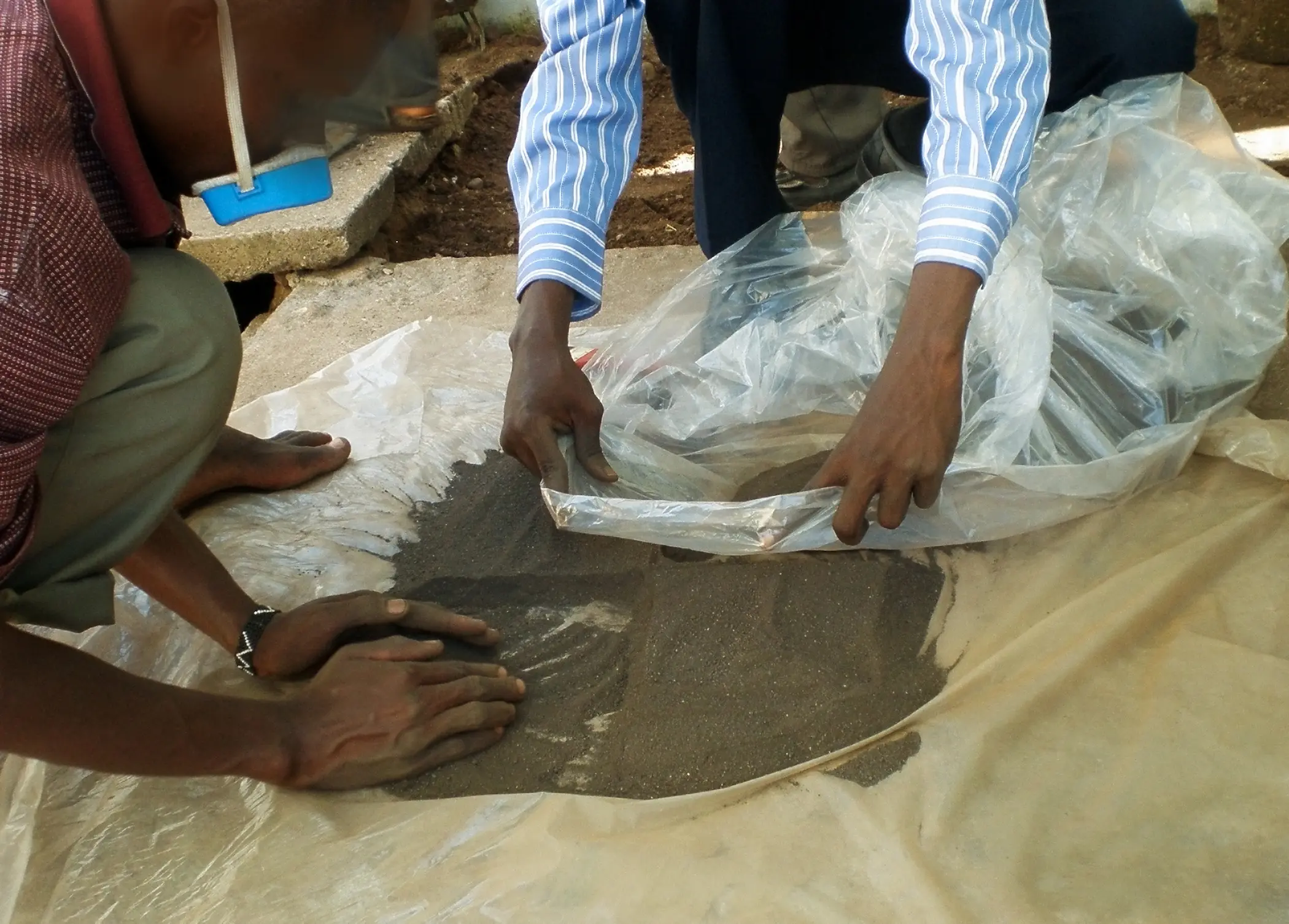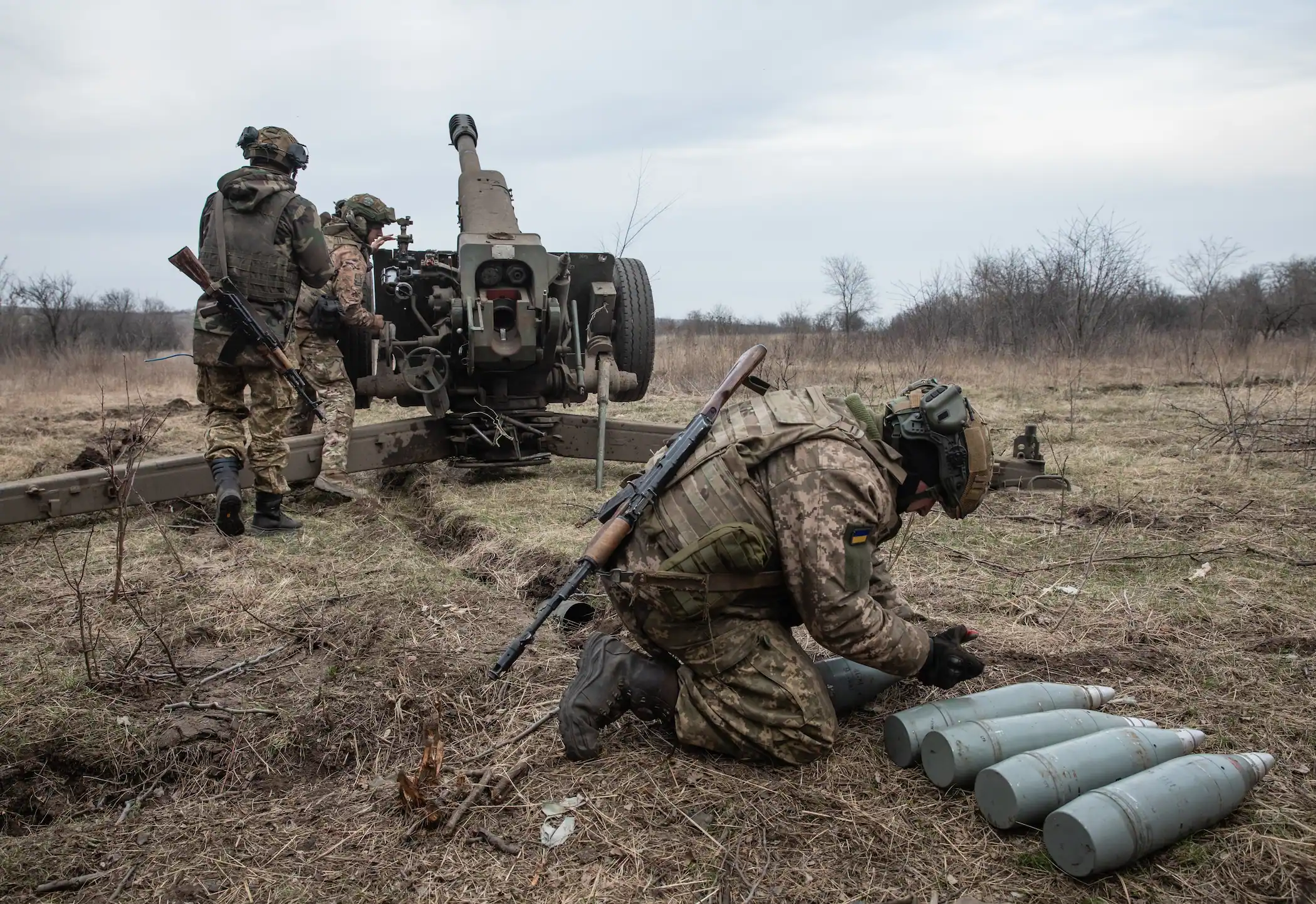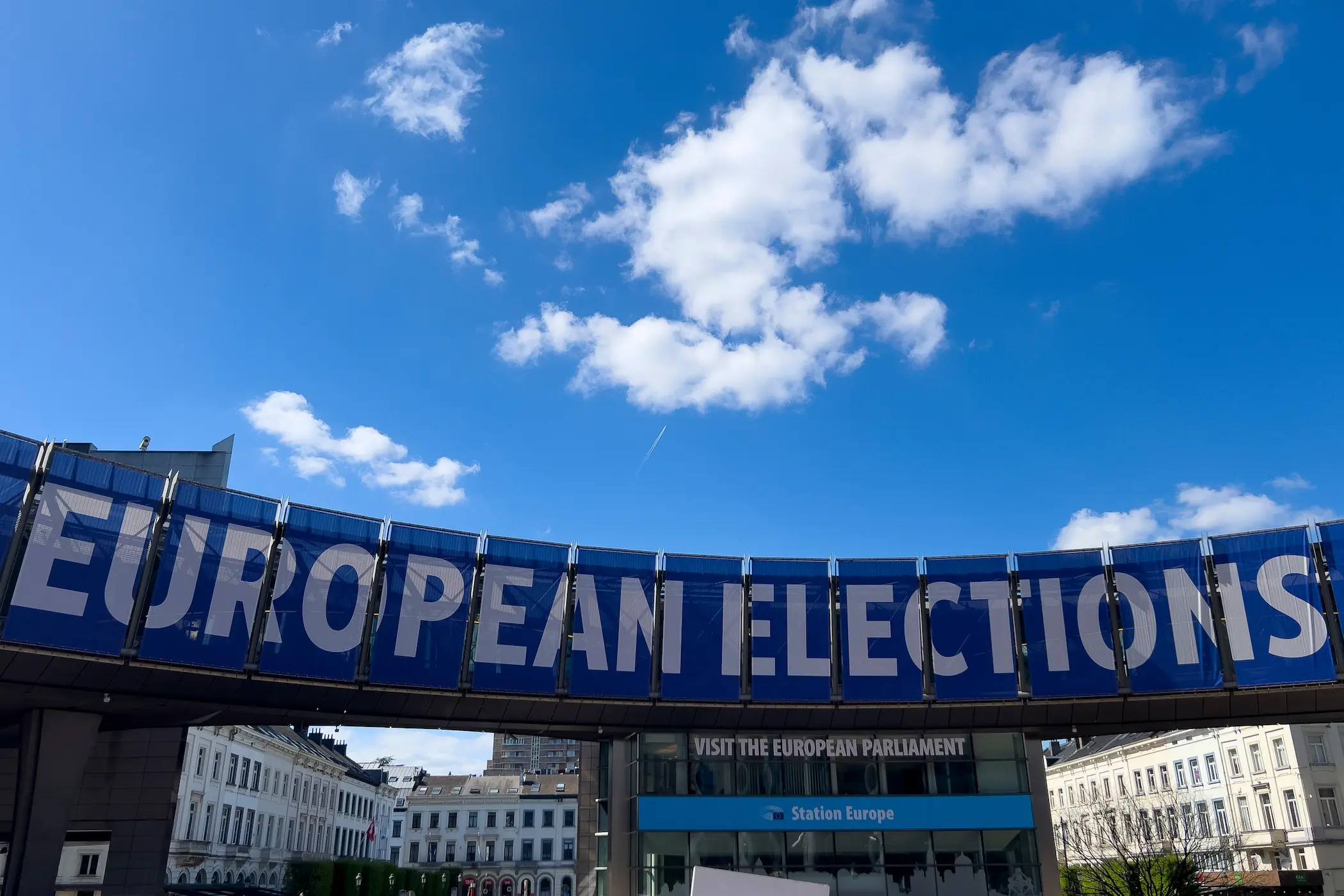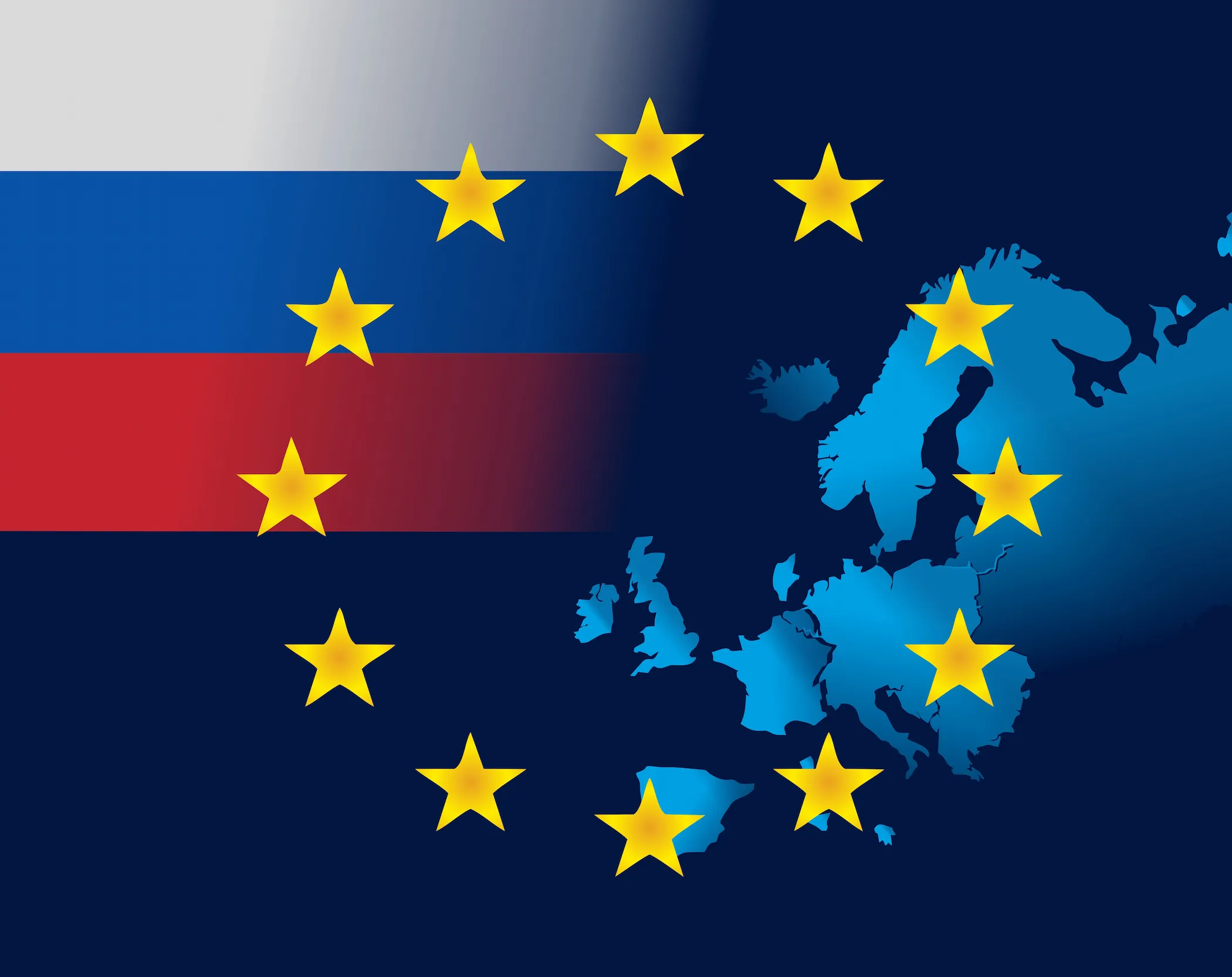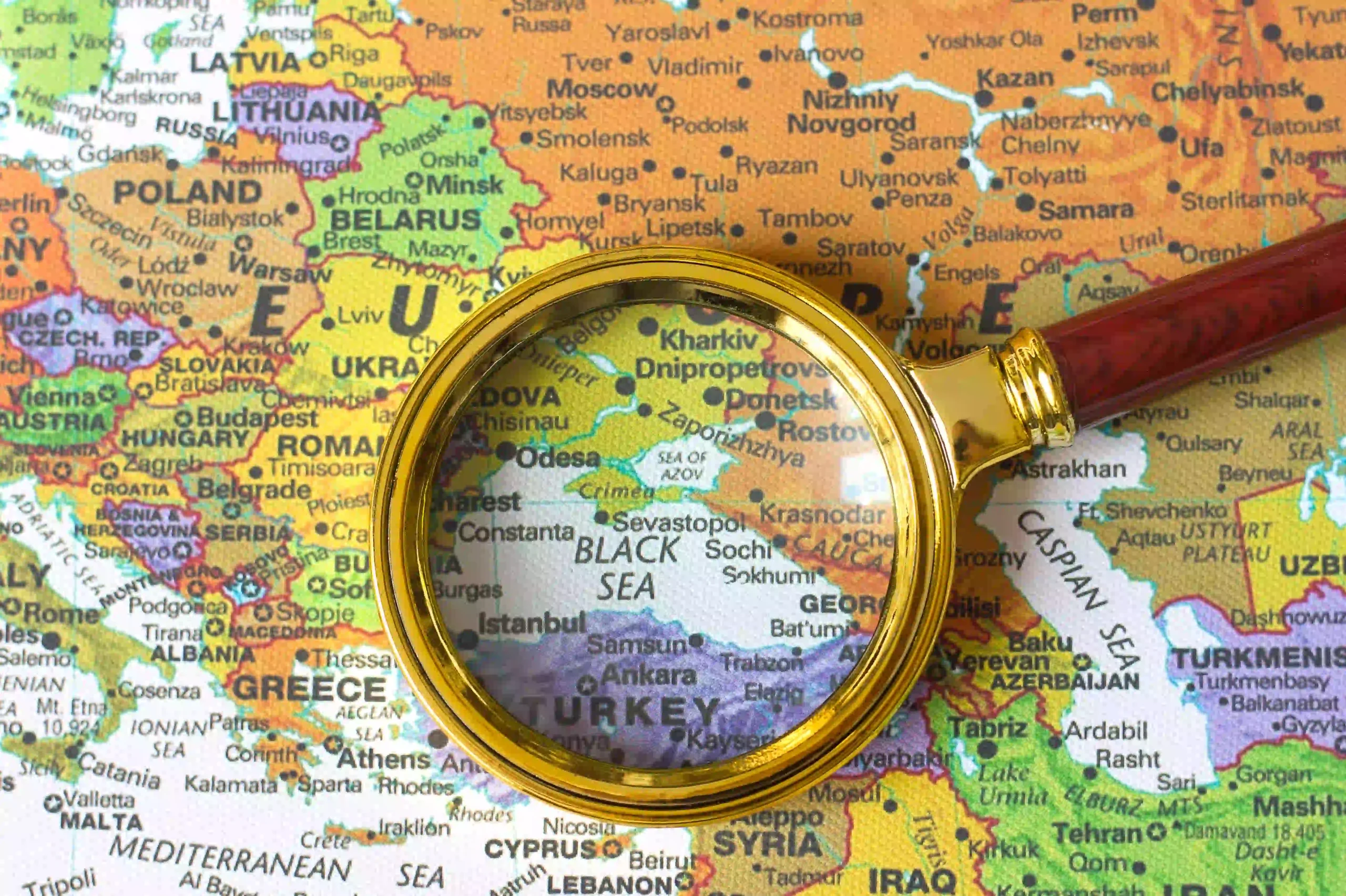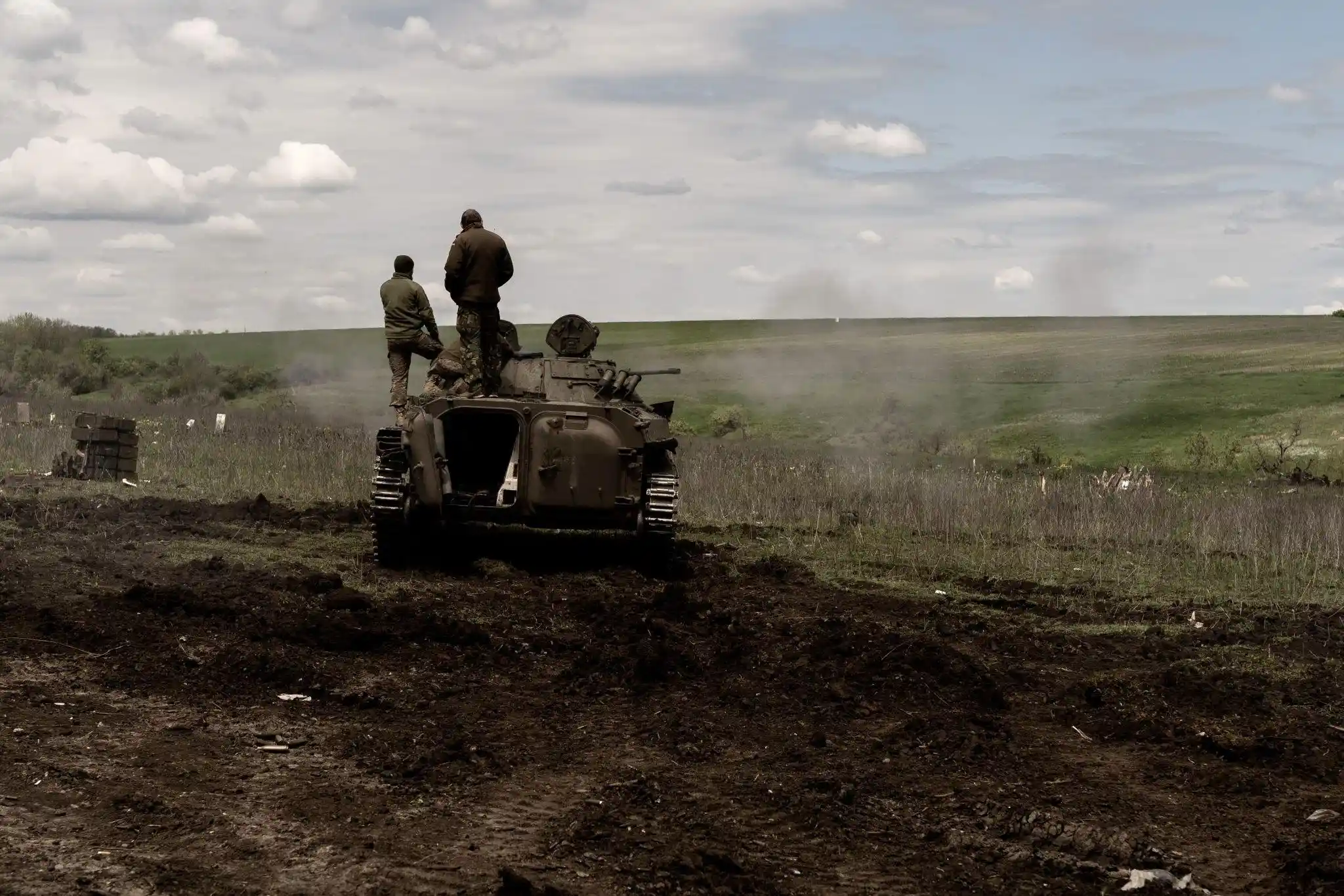14 Oct 2025
Not All Quiet on the Western Front: Europe’s Next War
“Poland is at its closest to open conflict since World War Two,” warned Prime Minister Donald Tusk, after a sudden Russian airspace violation rattled the country. On September 9, a swarm of Russian drones entered Polish skies, prompting NATO aircraft to scramble and intercept several of them. It marked the first direct encounter between NATO and Moscow since Russia’s full-scale invasion of Ukraine on February 24, 2022. While the incident might have been a test by Putin to gauge NATO’s and Europe’s response, it also raises the specter of a potential war between Poland and Russia. Given Poland’s critical role within NATO and the EU, far greater than Ukraine’s, the implications of such a conflict would place the entire continent in Jeopardy. The pressing question now is: how likely is this war to erupt, and would Europeans bear the brunt?
9 Oct 2025
U.S. Intelligence Support Signals a New Phase in the Russia-Ukraine War
On October 1, U.S. reports stated that President Donald Trump gave the green light to provide Ukraine with intelligence information to strike deep into Russia’s energy infrastructure sites, while studying providing Kyiv with long-range weapons that can be used in such strikes. The reports also indicated that Washington is encouraging the NATO allies to take similar actions.
The U.S. has already been providing intelligence to Ukraine since the beginning of the war; however, Trump's signalling to provide more sensitive information could hold different consequences on the outcomes of the war. Since his second-term inauguration, Trump has vowed to end the Russia-Ukraine war, so does this decision come in parallel to the American President's ambition to broker a peace deal between Moscow and Kyiv, and how this might implicate the Russian and Ukrainian sides.
15 Sep 2025
Trump Peace Play: Three Futures for Russia-Ukraine War
Amid Trump’s meetings with Russian & Ukrainian counterparts to reach a prolonged ceasefire, questions arise about the possibility of a successful peace plan occurring between Moscow & Kyiv with a U.S. mediation. Yet, with Putin’s demands from one side and Trump’s ambiguous promises to Zelensky from the other side, will the Ukraine war come to an end?
6 May 2025
DRC Minerals and a Potential U.S.–EU Confrontation
In a few months, the Trump administration is expected to push Rwanda and the Democratic Republic of Congo (DRC) to sign a peace deal which is supposed to be followed by a bilateral minerals’ agreement between the U.S. and the DRC. The agreement puts some parties in an advantageous position while leaves others with a less fortunate fate. The U.S. is supposed to gain economically and politically by this agreement especially when it comes to its rivalry with China. While the DRC is expected to gain in the short-term leveraging the “conflict minerals” narrative, the long-term consequences are not necessarily desirable. The EU is left with the undesirable situation. The bloc will either adjust its policies toward the DRC’s minerals or remain in a situation where a clash with the Trump administration is possible. While a direct military confrontation between the two powers remains improbable, a proxy war in which M23 rebels are a main actor is possible. Additionally, with minerals gaining increasing geoeconomic relevance, Trump has eyed several countries including Ukraine, and the DRC, who could be his next target?
20 Jan 2025
Is the Russia-Ukraine War Nearing Its End?
President-elect Donald Trump has pledged to bring an end to the Russia-Ukraine war, though he has yet to specify how. A negotiated settlement appears to be the only viable path forward, as a decisive military victory for either side seems unlikely. Western nations, particularly those in Europe, are struggling with internal challenges, leaving them in a weak position with limited leverage at the negotiating table. Meanwhile, Russia also finds itself in an unenviable situation, creating a potential opening for Trump to encourage both parties toward a resolution. However, for any agreement to lead to lasting peace, security guarantees for Ukraine must be a central component. These guarantees are likely to be the key trade-off for any concessions that Europe would likely offer.
29 Aug 2024
The Core Issue: Ammunition Manufacturing and its Effects on the Russia-Ukraine War
The Russia-Ukraine war has now entered its 18th month, with neither side achieving decisive strategic or operational control, bringing the conflict closer to a protracted stalemate rather than a resolution at the negotiation table. This prolonged uncertainty suggests that the war may continue for several more months before either party considers a truce. A similar situation is unfolding in Gaza, where the war is now in its ninth month, making it one of the longest wars in the history of the Arab-Israeli conflict, rivalled only by the wars surrounding the establishment of Israel and the War of Attrition with Egypt. Here, too, there is little indication that a resolution or even a willingness to negotiate a truce is forthcoming from either side. The possibility of a decade marked by extended wars looms on the horizon, especially if a conflict were to break out between China and one of its neighbours, whether in the Taiwan Strait or the South China Sea. This scenario is increasingly plausible given the United States' (U.S.) involvement in regional and international political and economic skirmishes directly targeting Chinese interests.
The current and anticipated wars share two key characteristics, in addition to the fact that they have taken or may take longer to resolve than expected. Firstly, they are occurring or expected to occur in regions of immense strategic importance to the world, such as the Great European Plain—one of the world's most fertile areas and a major grain-producing region—or in the heart of the Middle East, a critical juncture for global trade and energy routes. Secondly, these wars are not merely between individual countries or parties but involve broader alliances. For instance, in the Russia-Ukraine War, North Korea and Iran are indirectly aligned with Russia, while NATO supports Ukraine. Similarly, in the Israel-Hamas War, the U.S., Britain, and France are aligned with Israel, whereas Iran, Hezbollah, the Houthis, and numerous Shiite militias in Iraq and Syria support Hamas.
These two characteristics have imparted the ongoing wars with traits that, to some extent, echo those of the First and Second World Wars, particularly in terms of the intense consumption of ammunition and the resulting high death rates among the warring parties, as well as the extended length of the engagement lines. As a result, both wars have begun to consume vast quantities of ammunition and conventional weapons, especially artillery shells, to the point where the stockpiles of the forces involved have been significantly depleted or are nearing exhaustion. This depletion has made the replenishment of supplies inevitable, transferring the pressure of the battlefield to the production lines in factories. However, these factories have frequently struggled to meet the front lines' demands or replenish stockpiles, leading to a severe shortage of ammunition on all fronts for all parties involved.
This scarcity has transformed the war into a series of industrial battles, where the side with greater industrial capacity gains the upper hand by supplying its forces with more ammunition, thereby securing a tactical advantage. As a result, industry has become a direct and critical component of national security in its most narrow sense. Consequently, this analysis examines the impact of industrial capacity on the Russia-Ukraine war, focusing specifically on the artillery capabilities of both sides.
21 Jul 2024
The Power of the Word: How the UAE Redefined International Mediation?
The 21st century has witnessed a resurgence of mediation as a pivotal tool for resolving international disputes. This resurgence is driven by the complexities of contemporary conflicts and the expansion of threats beyond traditional regional conflicts, civil wars, and political crises. The scope of security threats now includes issues such as climate change, cybersecurity, and transnational organised crime.
Several countries have played significant roles in mediation, leveraging their diplomatic acumen, political influence, and economic resources to facilitate dialogue and prevent escalation. Norway has consistently demonstrated its commitment to peacebuilding through active participation in resolving conflicts among the most prominent mediators. From Sri Lanka to Colombia and the facilitation of the Oslo Accords, Norway has embodied its ability to promote dialogue between seemingly irreconcilable adversaries.
Known for its multilateral approach and emphasis on consensus building, Finland initiated the Group of Friends of Mediation in September 2010, significantly contributing to peace processes in the Horn of Africa. Similarly, Switzerland, with its long-standing tradition of neutrality, has provided a safe and neutral venue for countless peace talks and negotiations, fostering an environment conducive to compromise and resolution.
Amid the resurgence of mediation in international diplomacy, the last decade has witnessed the emergence of non-Western actors in this field. At the forefront is the United Arab Emirates (UAE), which has become an essential player in the Middle East and beyond. Since its founding, the UAE has combined traditional Arab values with modern diplomatic practices to address the cultural complexities of regional conflicts, adopting a policy of promoting peace, security, and stability both regionally and globally.
The UAE’s commitment to mediation is evident in its numerous initiatives aimed at calming conflicts and crises, including active mediation in the ongoing conflict in Yemen, facilitating dialogue and humanitarian aid, playing a crucial role in reconciliation efforts between India and Pakistan; its pivotal role in the historic 2018 peace agreement between Ethiopia and Eritrea, marking a significant achievement in regional stability; facilitating prisoner exchanges between Russia and Ukraine, showcasing the UAE's diplomatic reach; mediation efforts between Russia and the United States (U.S.), further highlighting the UAE's influence; and hosting the COP28 Climate Conference in Dubai, underscoring the UAE's active participation in global diplomacy.
However, the path to mediation is fraught with challenges. The inherent complexities of many regional conflicts, the conflicting interests of the parties involved, and the need to balance mediation efforts with national interests can hinder the achievement of sustainable solutions. Additionally, maintaining neutrality in polarised situations, limited influence over non-state actors, and potential capacity constraints are challenges that the UAE must overcome to ensure the continued success of its mediation efforts. Hence, the UAE’s role as a rising international mediator, focusing on the factors that enabled its rise, its mediation strategies, and the impact of its efforts on regional and global conflicts will be examined.
16 May 2024
Why the EU Elections Matter
The stakes are high for the EU elections which are set to take place on June 6. Since the last elections in 2019, the bloc has faced a significant number of complex challenges with the COVID-19 Pandemic and ongoing Russia-Ukraine War shocking the bloc’s economy and energy security, bringing to surface critical questions about common foreign and defence policy and triggering a crisis of misinformation, potential foreign extortion, and anti-EU sentiment to name a few. While the 2024 elections are expected by many to be a difficult test for European solidarity and resilience, they also have implications that reach beyond the bloc.
8 May 2024
Has Moscow’s Control Over Europe Become Uncontrollable?
It appears that Russian influence has been steadily spreading across Europe, stretching from the eastern regions of the continent to its central and western borders. Moscow's reach isn't confined solely to nations within its sphere of influence; it also affects broader European foreign policy and the trajectory of the bloc's future.
10 Mar 2024
Macron’s War Rhetoric and his Desperate Quest for Prestige
“Nothing should be ruled out” said French President Emmanuel Macron when asked about possibilities of sending troops to Ukraine. By speaking about going to war, Macron may have aimed to dispel a long-standing joke about the French always surrendering. However, both French and NATO leaders have publicly rejected the idea of sending European or alliance troops to Ukraine. Prominent figures such as U.S. President Joseph Biden, German Chancellor Olaf Scholz, Polish Prime Minister Donald Tusk, NATO Secretary-General Jens Stoltenberg, and others have asserted that such action is not on the table. The widespread domestic and regional opposition implies that even if Macron was genuinely considering sending troops to Ukraine, he would not receive the necessary support for such a radical decision.
22 Feb 2024
Turkey: Reaping the Rewards of a Turbulent Black Sea
Since the 16th century, the Black Sea has always been a lake of tensions. Contrary to the Wars of The Holy League, in which the Ottoman Empire witnessed its first territorial loss, the contemporary situation signals Turkish gains in the region. The ongoing war in Ukraine has revived the Montreux Convention which gives Ankara the higher hand in the Black Sea and led other NATO members to appreciate the indispensable Turkish role. Recently, developments in the Black Sea ranging from decaying Russian power to Western apprehension are offering Ankara some Turkish delights.
16 May 2023
Questions about Legality of Russian-Ukrainian War
Abstract
The post-World War II arrangements generated several decisions that granted the victorious countries certain powers, most notably The Declaration of the Four Nations on General Security, the Four Power Declaration, and Articles 106 and 107 of the United Nations Charter. Questions have recently been raised about the possibility of exploiting these powers to legitimize Russian intervention in Ukraine. However, given the nature and background of these articles and decisions, it turns out that they were part of the arrangements for a transitional period, followed by the transfer of these powers and tasks to the United Nations, and the subsequent new arrangements, most notably the collapse of the Soviet Union and the emergence of the Russian Federation, which arranged for a new legal situation. This does not contradict the rule of inheriting international treaties as one of the principles of international law but takes into account the change in the new legal status of states. Therefore, the countries that were under the guise of the Soviet Union have become independent members in the United Nations General Assembly, and by reviewing the contents of the documented sessions of the United Nations since the outbreak of the Russian-Ukrainian crisis, it turns out that the defenses and arguments presented by the Russian delegate to legitimize the Russian intervention in Ukraine were based on two main arguments, which were repeated in most of the Russian President’s speeches. For the Russian Federation, especially the speech of the declaration of invasion, which was based on Article 51 of the Charter of the United Nations, which guarantees the right of states to defend themselves against threats, and Article 1 of the International Covenant on Civil and Political Rights that all peoples have the right to self-determination, meaning that any Russian ethnic minority in Ukraine has the right to determine its political status and to pursue its economic, social and cultural development.
Since Putin announced his intention to invade Ukraine militarily, numerous analyses came up that the legal arguments Russia depend on to justify the invasion, and the talk about the arrangements made after World War II that gave the powers to the victorious nations that could be exploited by the Russian side has increased recently. There is even a rumor that claims that the Russian president talked to the secretary-general of the United Nations about the article contained in the United Nations charter and these arguments depended on two articles; 106 and 107 in the United Nations charter, that gives the right to the victorious countries and nations to take any needed decision against the countries that fought against them in World War II to avoid revising the results of World War II. In these decisions, it is specially allowed to utilize military power against these countries.
